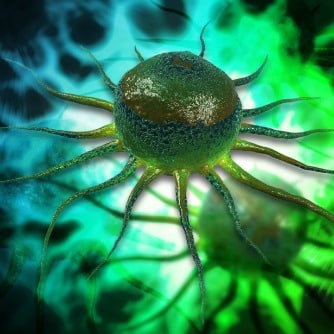A team at the University of Wisconsin-Madison (Wisconsin, USA) has made headway in the prospects of laboratory-based production of human blood for regenerative medical purposes. Igor Slukvin and colleagues have identified two transcription factors that are required to make blood from pluripotent stem cells. Following introduction of the factors, stem cells form endothelium, which subsequently become blood cells . The process mimics the way blood is formed in the embryo. The identified factors are capable of making the range of human blood cells, including white blood cells, red blood cells and megakaryocytes, commonly used blood products. The method was shown to produce blood cells in abundance. For every million stem cells, the researchers were able to produce 30 million blood cells. Writing that: “this study provides a novel method for the efficient induction of blood and endothelial cells from [human pluripotent stem cells] via the overexpression of modified mRNA for the selected transcription factors,” the study authors are hopeful that the approach may be applicable to making other types of cells with therapeutic potential, including cells of the pancreas and heart.
Genetic Recipe Converts Stem Cells to Blood
Elcheva I, Brok-Volchanskaya V, Kumar A, Liu P, Lee JH, Slukvin I, et al. “Direct induction of haematoendothelial programs in human pluripotent stem cells by transcriptional regulators.” Nat Commun. 2014 Jul 14;5:4372.
RELATED ARTICLES




